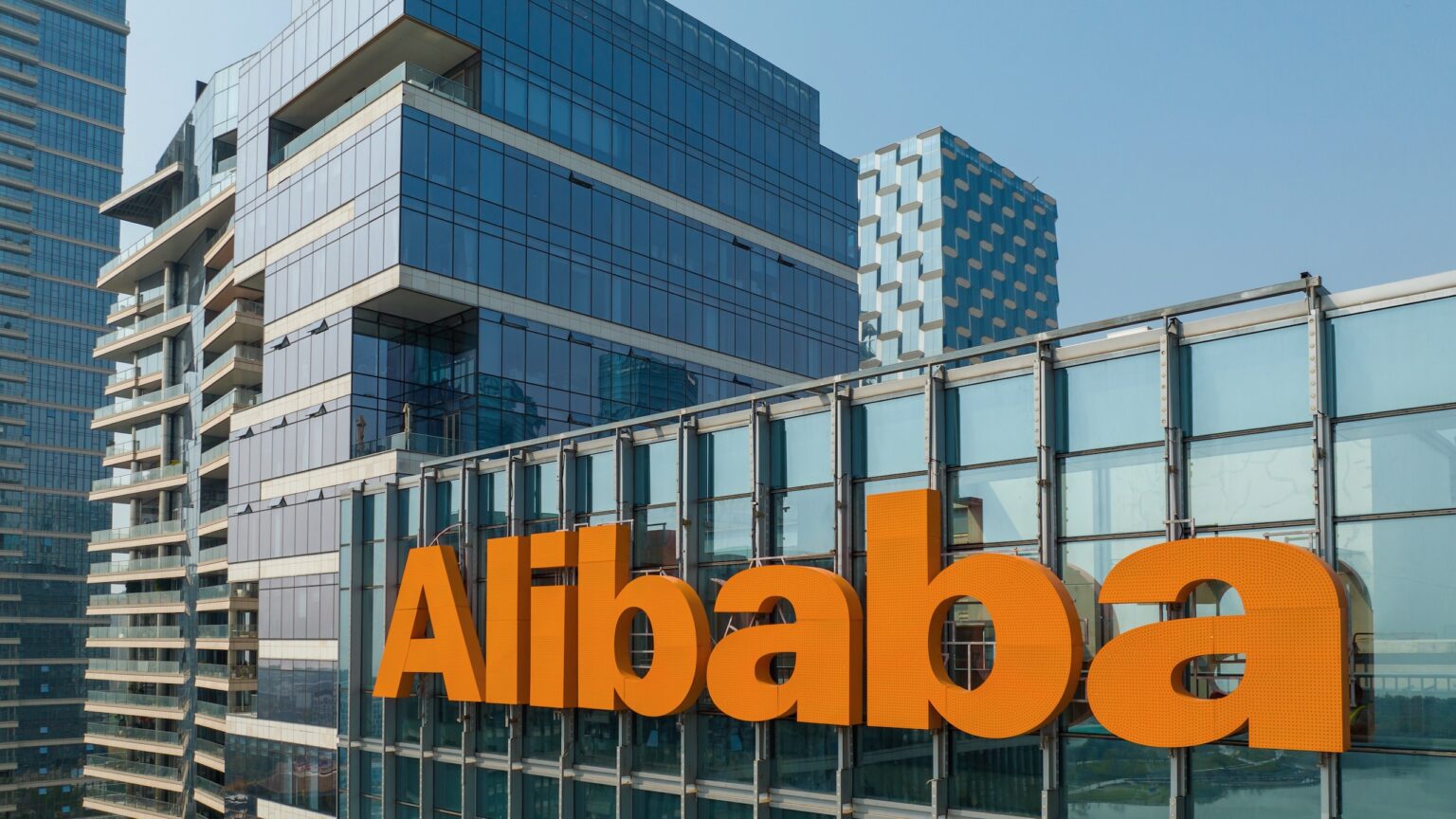Alibaba Cloud, a part of Chinese tech giant Alibaba Group, unveiled its own version of a ChatGPT-like AI tool called Tongyi Qianwen this week.
Several tech giants have embraced AI, including Microsoft, Google, and Baidu, motivated by the successful launch of ChatGPT by OpenAI last November.
Microsoft has incorporated OpenAI’s tools, while Google has launched its own chatbot Bard, which is now in the testing phase in the UK and United States.
Read Also: ByteDance Posts Record Profit, Surpasses Tencent and Alibaba
Similarly, Ernie Bot from another Chinese tech firm, Baidu, has been launched and is available for trusted users to test.
During a summit in Beijing hosted by Alibaba Cloud, its CEO Daniel Zhang announced that the large language model Tongyi Qianwen, which roughly translates to “truth from a thousand questions,” will be integrated across all products offered by Alibaba.
A technological watershed moment
The new tool will be utilized by its workplace communication platform, DingTalk, and its Tmall Genie IoT platform.
“We are at a technological watershed moment driven by generative AI and cloud computing, and businesses across all sectors have started to embrace intelligence transformation to stay ahead of the game,” said Zhang.
The bot will enable users to perform tasks such as drafting emails and summarizing meeting notes, as well as recommending recipes for healthy food, providing travel tips, and suggesting background music for workout sessions.
This move puts Alibaba in competition with other Chinese tech companies racing to develop their own version of ChatGPT, which has attracted the attention of Chinese regulators.
$BABA The AI arms race continues…
Alibaba announces plans to launch its own Chatbot across products to rival ChatGPT. pic.twitter.com/IRojQ5YSob
— TrendSpider (@TrendSpider) April 11, 2023
In draft guidelines released on the same day, the Cyberspace Administration of China mandated security reviews for all generative AI-related services seeking to operate in China.
“As a leading global cloud computing service provider, Alibaba Cloud is committed to making computing and AI services more accessible and inclusive for enterprises and developers, enabling them to uncover more insights, explore new business models for growth, and create more cutting-edge products and services for society,” stated Zhang.
Will this be a huge mess?
One Reddit user criticized Alibaba in the wake of the announcement, stating, “copy from word, paste into notepad and hope for the best. Classic move from Alibaba CCP. I’m sure it will be used for only the most virtuous of use cases. Admittedly I don’t hold OpenAI in any higher stead but certainly not lower.”
In China, the internet is not as free as it is in other countries with restrictions on virtually every platform. Chinese state media cautioned in February about the potential dangers of investing in local AI-based companies.
Meanwhile, domestic AI companies have called on investors to act rationally as rapid increases in share prices have attracted the attention of regulators.
“I wonder how much censorship they will need to apply to this AI in order to keep compliance with China’s laws… I bet this will be a huge mess,” another Redditor stated.
Similarly, another individual remarked that it would be intriguing to observe whether or not AI systems are capable of functioning within the stringent censorship model mandated by the Chinese Communist Party (CCP).









 and then
and then